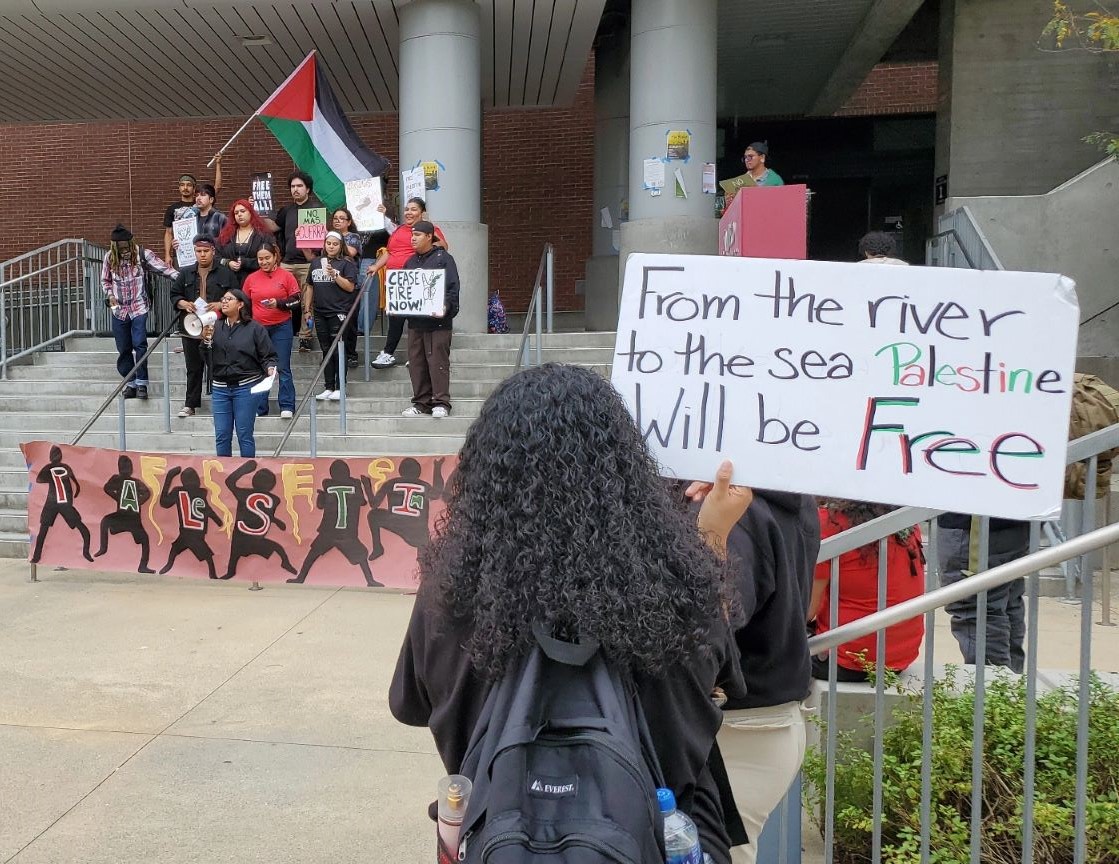It is the second day of Anna’s vacation without pay; her eyes are swollen since she has been crying for two days. As soon as she wakes up, she feels helpless when she remembers the abuses at her job, and she starts to sob again.
The memories of her children haunt her. They were forced to stay in her home country with relatives, so she could go look for a better future for them.
Eight years without being able to hug them have bittered her heart and barely keep her in the mood to keep fighting, wondering if the sacrifice was worth it.
They were 14, 10 and 8 years old when she left.
Anna is one of many undocumented parents who crossed the border because there was no other choice.
Like many other immigrants, Anna managed to survive eating whenever she could, sleeping in borrowed living rooms, back yards and garages.
Anna’s cooking skills allowed her to start working in a busy restaurant, but her legal status makes her vulnerable to exploitation.
She agreed to work without earning a salary, surviving only from the tips customers gave her until the owner could afford to pay her.
But after a year of waiting to receive her money, Anna’s boss told her he was not going to pay her and threatened her by letting her know that “he had his lawyers and people who will defend him in case she wanted to take legal action.”
She was able to sue him, but he declared bankruptcy.
According to The Power Act — recently introduced to the U.S. Senate to protect workers from exploitation and retaliation — “Too often, when immigrant workers attempt to organize to combat exploitation, employers use immigration enforcement as a weapon to quash organizing efforts and trump labor law.”
With tears in her eyes Anna said, “What hurts me is that with not enough money to rent an apartment, living under a safe roof was adaily challenge for me. With many of the customers I tended to at the restaurant I was able to make friends that knew I was struggling and offered me help. Only to learn later that was in exchange for sex. So I can say I was forced to commit prostitution in order to survive.”
Now 39 years old, Anna has been working as a waitress at a Mexican restaurant in Chula Vista, where she is forced to do the work of two or three workers. Cleaning the restaurant after it closes; carrying heavy food trays, serving and cooking are only part of her chores as an employee.
According to PressofAtlanticCity.com, “Undocumented immigrants are just one among many groups of workers who effectively lack the on-the-job protections that most Americans take for granted.”
Always smiling and showing a positive drive, Anna provides an exemplary service to the clients as she works under amidst extreme pressure. She runs from table to table serving food and drink orders, proposing different entrées to clients and bringing more earnings to the owners.
But not even her great attitude to provide an excellent service to customers brings sympathy from the owners.
The constant snapping of fingers and mistreatment toward her to move faster is easily perceived, and embarrasses her most of the time, especially when clients ask her why they treat her so rudely.
She works 40 to 50 hours per week, but she always earns $219 cash to leave no evidence of her employment.
An article in the Los Angeles Times reads, “When the Fair Labor Standards Act was enacted in 1938, it established a national minimum wage and overtime pay, but excluded restaurant employees, retail, domestic and farm workers.”
“Tipped workers such as waiters are entitled to a minimum of just $2.13 an hour. ”
In a place filled with customers that enter and leave constantly, Anna wages a daily battle for survival and she needs to keep working. She feels helpless and sad to see that even when the owners are Mexicans, they are not willing to help her.
In the end, Anna’s decision to leave her children to search for a better life was perhaps a mistake.
Her children cannot forgive that she left them without the hugs, care and protection only a mother could have given. The missing maternal bond caused them a life of constant pain and a hate toward Anna.
For her, forced to live in the lowest rung of society to provide something for them, it means a sacrifice in vain.







